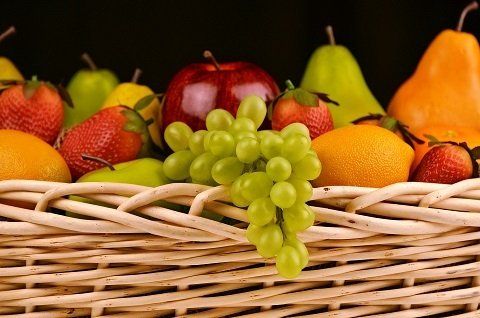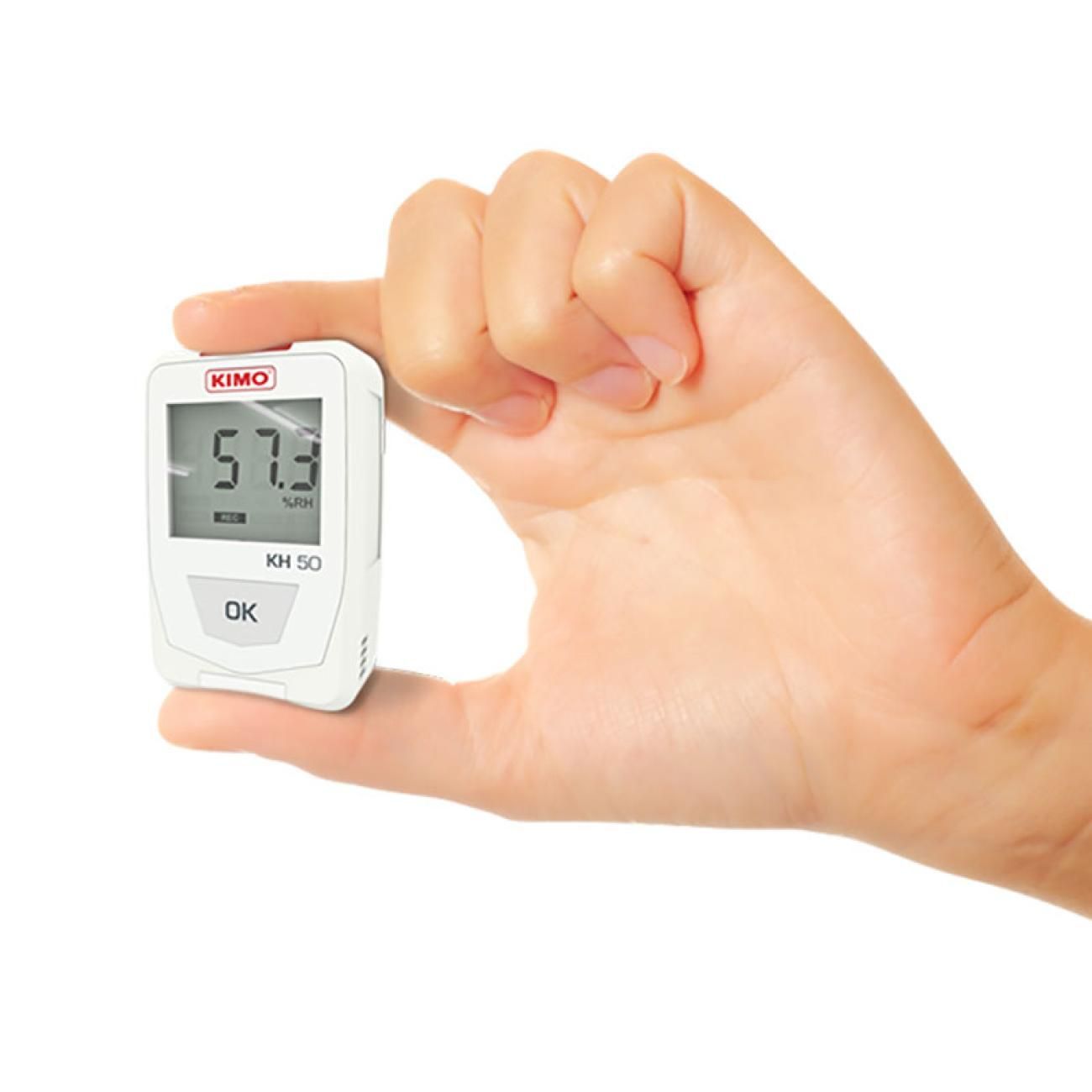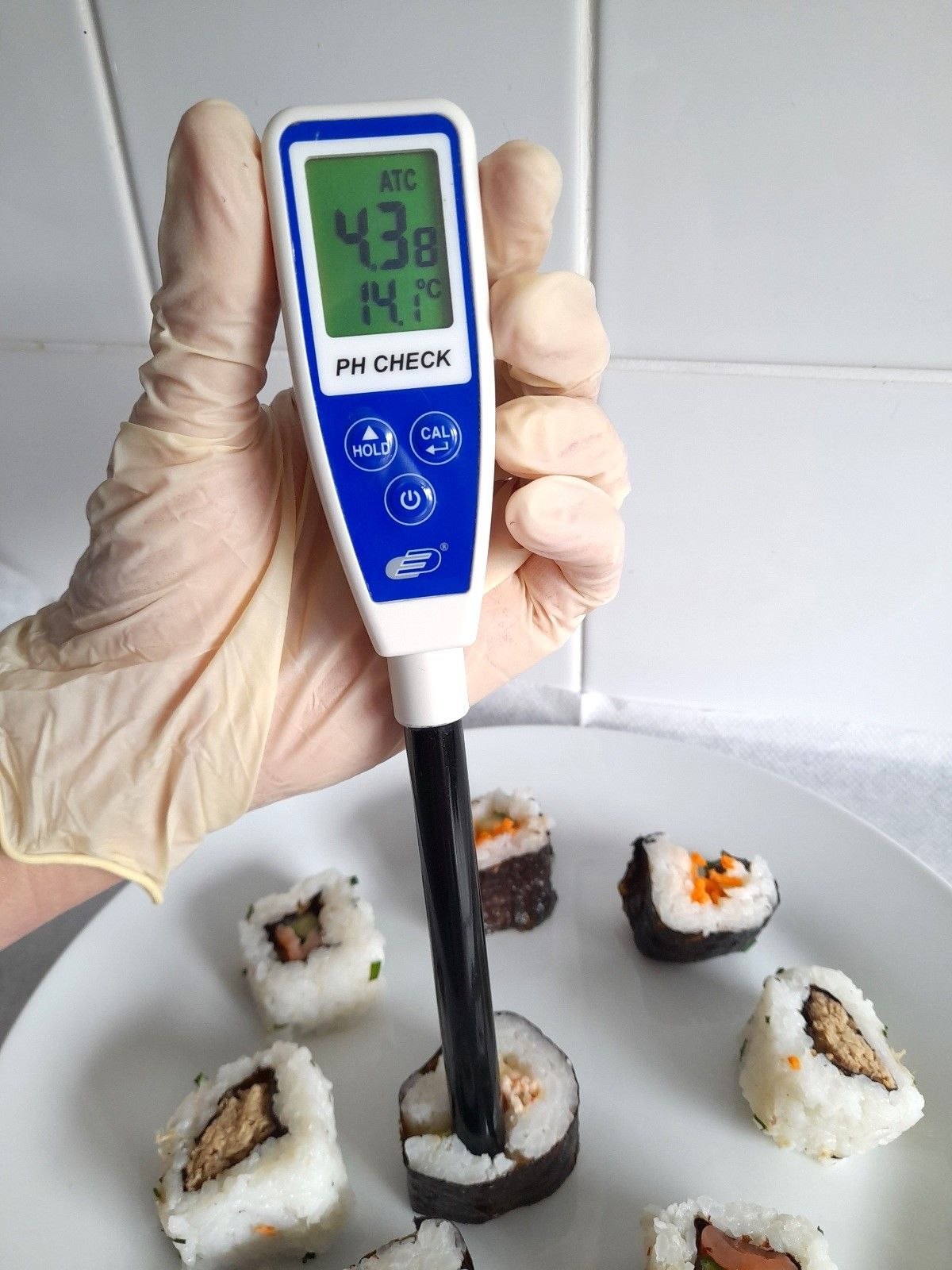18 April 2021
A Spoonful of Sugar or An Apple a Day!
Fruit is a healthy source of nutrients that are good for our bodies and diets. Snacking on sugary foods can be unhealthy and have an affect on our weight but choosing fruit instead of that sugar fix can help us to reduce those sugar cravings.
The HSE Healthy Food for Life resources define the Irish governments recommendations on healthy eating and a balanced diet. One of the key messages, is to eat more vegetables, salads and fruit - up to seven servings per day.
Benefits of Fruit
Fruit is beneficial, contains a wide range of vitamins and minerals, is an excellent source of fibre and is an essential part of any healthy diet. It is important to eat a range of fruit, as no single fruit can provide all the nutrients required on a daily basis. Most fruit is low in fat and sodium therefore offering fewer calories.
Vitamins and Minerals
Packed with a range of vitamins and minerals, listed below are some of the advantages that fruit can offer as part of a healthy diet:
- Potassium may help maintain a healthy blood pressure and is good for nerves and muscles.
- Fibre from fruit is good for healthy gut and bowel function
- Vitamin C is good for the immune system and repair of body tissues
- Vitamin A protects your eyes and helps your vision
- Vitamin E is a powerful antioxidant and helps cells fight infection
- Zinc helps the immune system fight off bacteria and viruses
What is the Glycemic Index?
Most whole fruits have a low glycemic index. The glycemic index or GI as it is often referred to is a system that assists with blood sugar management and can help with weight loss and reduced blood sugar levels if used correctly. The GI is an index that is used to measure what fruit and foods affect the blood sugar levels in our bodies. This is ranked on a scale of 0 to 100 with three classifications i.e. low, medium or high.
55 or less = low
56 to 69 = medium
70+ = high
What fruits are considered low in GI?
Cherries
Grapefruit
Dried Apricots
Pears
Apples
Oranges
Plums
Fruit contains sucrose, fructose and glucose which are natural sugars and also contains fibre and other nutrients that help our bodies. Fructose occurs naturally in many fruits an is often referred to as a ‘fruit sugar’. Glucose is less sweet than fructose and used to create energy.
Techris Systems provide a range of instrumentation to assist the Food and Pharmachem sectors. We supply refractometers that can measure concentrations of fruit juices and sugar and display measurement of refractive index/brix.











